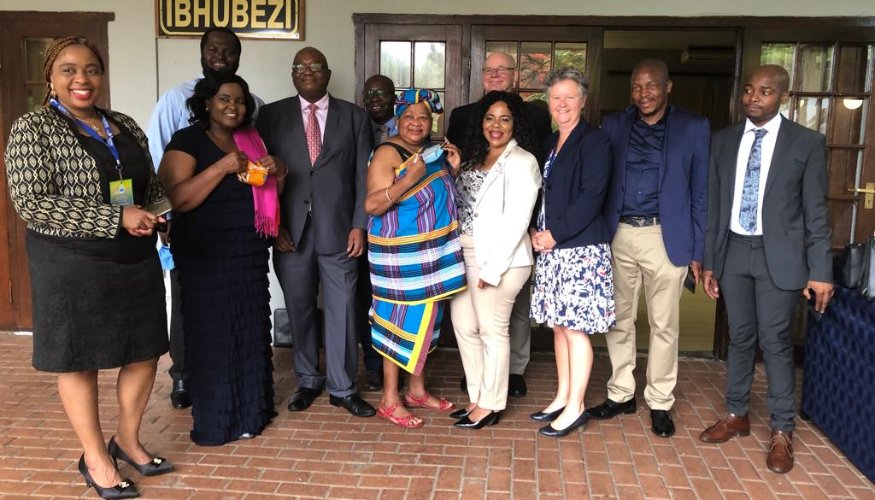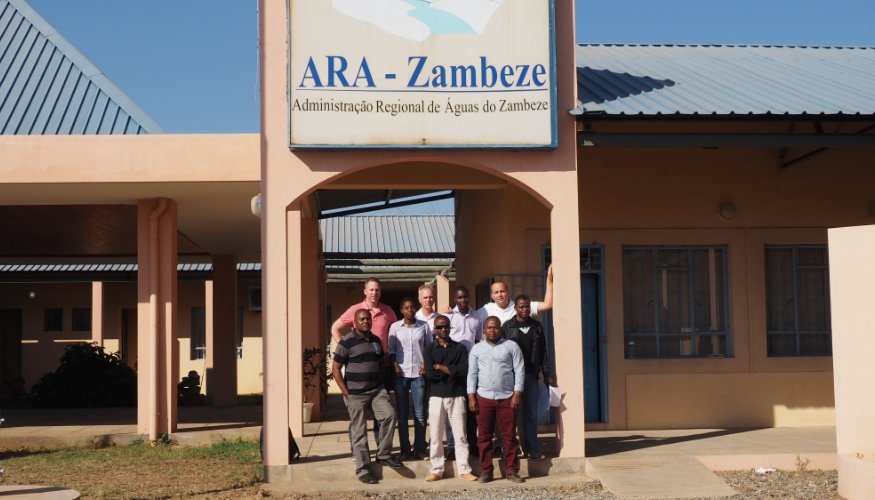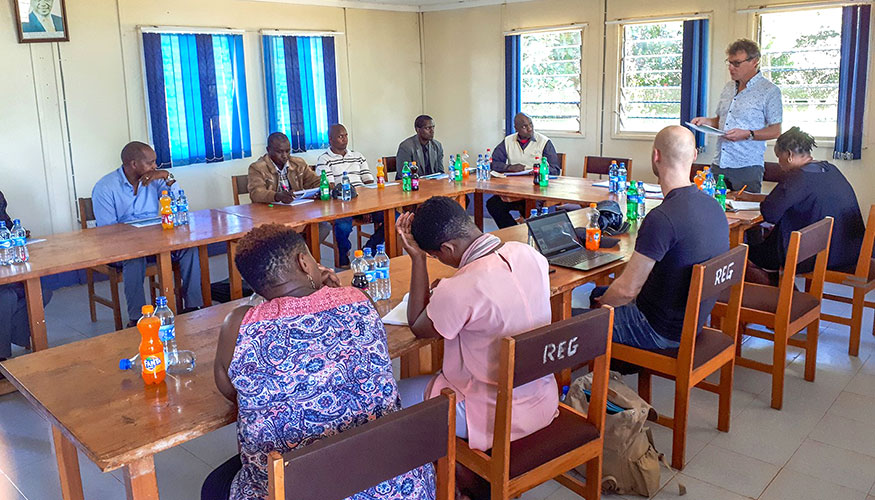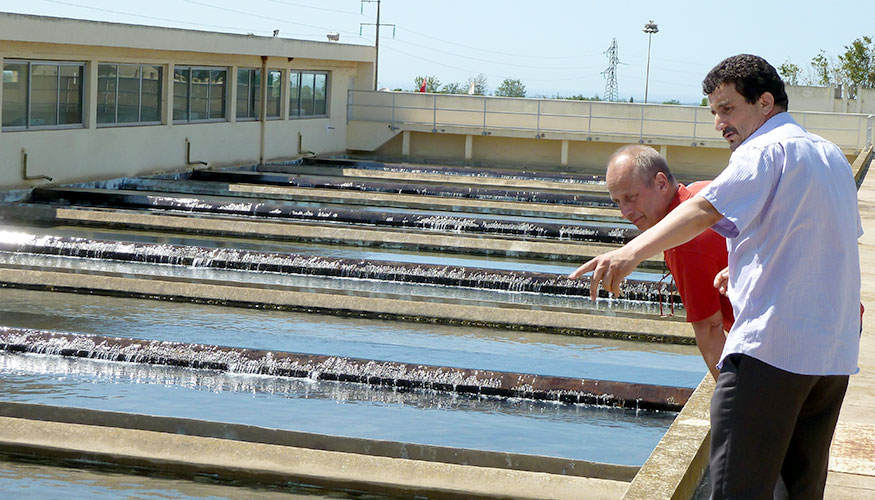Water is scarce in Africa. Yet, the people living in the African Republic of Mozambique use it in abundance and often without paying any taxes. As part of the Blue Deal, Dutch Water Authorities is helping the ARA-Sul water authority in southern Mozambique to identify the effects of people's water consumption and to improve the process of levying charges. ARA-Sul itself has launched a radio and tv campaign to call on residents to register.
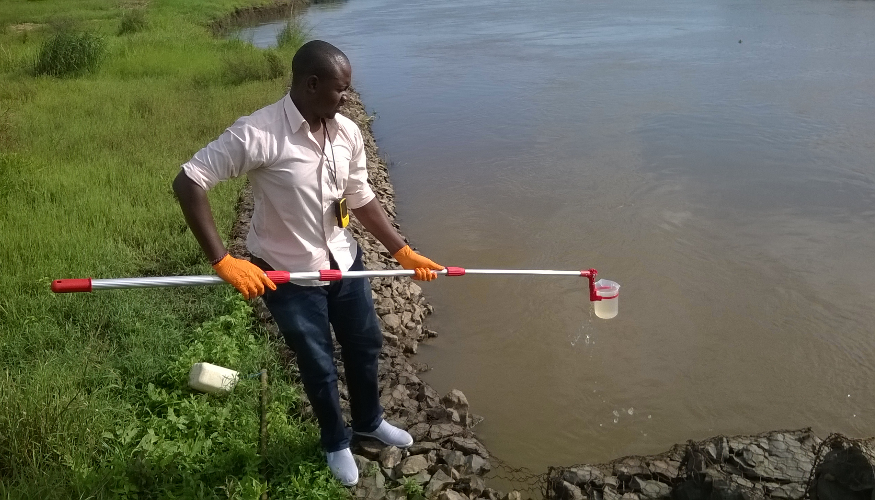
Climate change represents a huge challenge for water managers everywhere. The numbers of floods, droughts and a lack of clean water are increasing and there’s a growing need for knowledge and expertise on water management. The goal of the Blue Deal programme is to help 20 million people around to world to gain access to clean, sufficient and safe water. To that end, Dutch Water Authorities forms international alliances with local water authorities elsewhere.
6 years of drought
In all, there are 17 partnerships in 15 countries, of which the Mozambique partnership is the most extensive one. It has resulted in pilot projects that aim to improve flood forecasting, water quality, distribution of available water and operational plans. “A better distribution of the available water is key,” says Martin Bos, Programme Director of the Dutch water authority Wetterskip Fryslân. “The most recent drought in the country lasted for 6 years.”
Shortage of water is a common occurrence, adds Lizete Diaz, Head of Water Resources Services at the ARA-Sul water authority in southern Mozambique. “Take the reservoir behind the Pequenos Libombos dam, for example. It’s supposed to hold a supply of water that lasts the region for 3 years. But in 2020 there was only 20 per cent of that normal supply left. Fortunately, things have improved since then. But we need to manage and monitor our water resources better.”
WEAP-model
The introduction of WEAP (a model for Water Evaluation and Planning) has helped ARA-Sul with this. “Not only does WEAP establish different scenarios for the effects of water usage and climate change,” Bos explains. “It makes clear how ARA-Sul can best deal with them as well.” Diaz adds: “It helps us understand how much water we have. And just as important, how we can best distribute it.”
In Mozambique surface water is mainly used for agricultural and industrial purposes, groundwater for drinking. “WEAP only applies to surface water,” Diaz goes on. “There is another model for groundwater. Currently, we’re running a pilot in Maputo, so that we understand how much groundwater is available for consumption.”
Taxes
As in many countries, water management is costly in Mozambique. “But unfortunately, it’s not easy to levy taxes,” Diaz says. “That’s why we help ARA-Sul to improve the levying process,” Bos adds. “If a farm is using water for irrigation, for example, or an industrial company is polluting one of the rivers, we’ll try to make them foot the bill.”
The partnership is also helping to determine the appropriate rates and develop an administration system for creating and sending invoices. But the problem is: ARA-Sul has nowhere to send them to, since many consumers have failed to register. Diaz: “We’ve started a campaign on radio and television asking people to make themselves known. It has been quite a success. In the first 3 months, there were hundreds of new registrations.”
If residents refuse to register, at some point they will be fined, Diaz says. “But not just yet. I have faith in people. Let’s wait and see how our campaign plays out.”
Text: Pieter Verbeek

